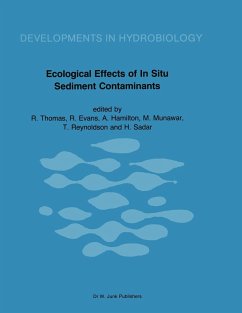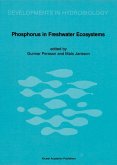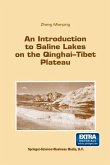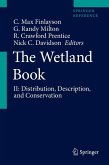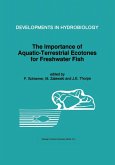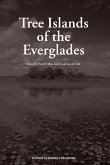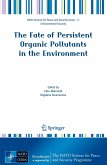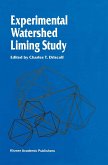The International Joint Commission (IJC) was established between Canada and the United States under the Boundary Water Agreement in 1909. The Great Lakes Water Quality Agreement between the two countries (signed in 1972, revised and renewed in 1978) expresses the determination of each country to restore and en hance the water quality of the largest freshwater system in the world. The Agreement provides for two inter national boards to assist the IJC: the Great Lakes Water Quality Board and the Great Lakes Science Advisory Board. In 1982, the Dredging Subcommittee of the Great Lakes Water Quality Board was asked to investigate and provide an assessment of the environmental impacts of sediment-bound contaminants and to recom mend alternate strategies for solving ecological problems associated with the presence and removal of pollu tants. This issue however, was beyond the scope of the Dredging Subcommittee. It was then referred to the Great Lakes Science Advisory Board with a specific request that the Board focus on whether contaminated sediments located in areas with water quality problems and impaired uses should be removed and if so, under what conditions. The Science Advisory Board established a Task Force to address these issues with specific reference to: - provide the IJC with an assessment of the effects of sediment-bound contaminants on biota and water quality; - recommend appropriate remedies for possible application by the parties for remedial activities in the Great Lakes; and - identify gaps in knowledge and suggest appropriate investigations to provide this knowledge.
Hinweis: Dieser Artikel kann nur an eine deutsche Lieferadresse ausgeliefert werden.
Hinweis: Dieser Artikel kann nur an eine deutsche Lieferadresse ausgeliefert werden.

